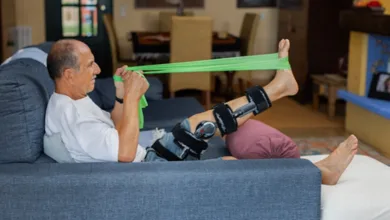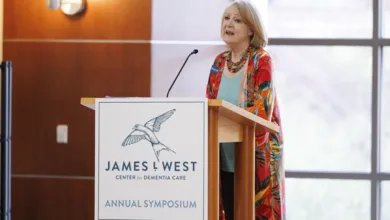Geragogy—The Way We Want to Learn at 50+

Many of you may have heard of the term, “Pedagogy” which generally refers to the study of how information is exchanged in teaching or the method and practice of teaching.
Some of you may have also previously heard of the term “Andragogy” which means the method and principles used in adult education or the practice of teaching adults. But most people have not heard of the term “Geragogy” which also generally refers to the theory and practice of teaching, but it specifically refers to how older adults want to learn. In this case, it means receiving less of a “top down model of instruction” and more of a “respectful way to share universal knowledge and experiences”.
As an older adult myself (57+) I have these same thoughts when I am in learning situations. I catch myself thinking “I do not want to be taught useless, meaningless information today. I want to learn more about what interests me and what I need to know at this time in my life”.
Socioemotional Selectivity Theory states that as we grow older and our time horizons shrink, we tend to be more selective about who we spend time with (socio) and about how they make us feel (emotional).
We also begin to invest greater resources in emotionally meaningful goals and activities – such as relationships and learning – and less on gaining financial achievements or collecting material possessions. When referring to the theory of Geragogy, older adults should strive to find liberating curriculum choices that provide skills and resources to help maintain personal independence, critical thinking skills and social interaction.
This type of learning in turn gives us enjoyment, peaks our curiosity and answers individualistic questions.
It should also dispel the ageistic myth that older adults don’t need to learn anymore. Instead, Geragogy theory helps older adults continue to discover the endless possibilities of self-actualization that lies ahead.





